Presenting the draft revised Law on Civil Servants at the meeting of the National Assembly Standing Committee on the morning of September 29, Deputy Minister of Home Affairs Truong Hai Long said the draft revised Law consists of 6 chapters and 43 articles (19 articles less than the current Law).
Officials can sign contracts with other agencies and organizations.
Providing specific information about the new points in this revision, Deputy Minister Truong Hai Long said the draft has innovated the mechanism and methods of recruiting, using and managing civil servants according to job positions.
Accordingly, the recruitment of civil servants is innovated in the direction of clearly stipulating that recruitment is carried out in two forms: examination and selection; and supplementing regulations on accepting people with working experience in both the public and private sectors to work as civil servants.

Deputy Minister of Home Affairs Truong Hai Long presents the draft revised Law on Civil Servants (Photo: Hong Phong).
Notably, according to the Deputy Minister of Home Affairs, the draft amended law has expanded the rights of civil servants to sign contracts to carry out professional activities, participate in capital contributions, and manage enterprises if the law on anti-corruption does not prohibit it or specialized laws do not have other provisions.
The second new point mentioned by Deputy Minister Truong Hai Long is the creation of connectivity in the use of human resources between the public and private sectors; implementing a mechanism to attract and utilize high-quality human resources to work in public service units.
The draft clearly states the forms of attracting high-quality human resources, including: Accepting civil servants and signing contracts with experts, scientists , experienced and highly qualified people, including Vietnamese people living abroad.
The draft also adds a mechanism for signing contracts with cases operating in the specific fields of culture, arts, physical education, sports and other specific fields without having to recruit civil servants.
Another new point is the innovation of the civil servant evaluation mechanism to improve the quality and efficiency of service to the people and society. Civil servant evaluation is carried out continuously and multi-dimensionally based on results, work products, quality of public services and satisfaction of people, organizations and businesses; building a mechanism to screen civil servants when determining that they do not meet the requirements.
Presenting the review report of the Committee on Law and Justice, Deputy Chairman Nguyen Truong Giang said that the Committee basically agrees with the conversion of the method of managing civil servants according to job positions to suit the current trend of public sector reform.

Deputy Chairman of the Committee on Law and Justice Nguyen Truong Giang (Photo: Hong Phong).
The regulation that civil servants are allowed to sign labor contracts or service contracts with other agencies, organizations, and units that are not contrary to the agreement in the employment contract and are not prohibited by law is also agreed by the examining agency.
According to Mr. Giang, this regulation aims to take advantage of the capacity and professional experience of civil servants in their professional activities to contribute to society, while at the same time increasing legitimate income for civil servants.
The audit agency also approved the regulations on labor contracts and service contracts to perform certain tasks of civil servants, aiming to create connectivity in the use of high-quality human resources between the public and private sectors, contributing to improving the quality of public services to meet social requirements.
Ending the "lifetime civil servant" mechanism
Regarding the expansion of civil servants' rights, Chairman of the Economic and Financial Committee Phan Van Mai supports the regulation that civil servants have the right to sign contracts to do work outside of their official civil servant jobs. However, he noted that it is necessary to carefully review related regulations so that civil servants do not take advantage of this, affecting their main work.
According to Mr. Mai, the employment contract with civil servants is also a very important issue. “For a long time, we have thought of civil servants as public servants, meaning they are civil servants for life. But here, the contract is for a limited period, with entry and exit. We must change our perception from lifelong civil servants to being job-based and term-based,” Mr. Mai stated his opinion.

Chairman of the Economic and Financial Committee Phan Van Mai (Photo: Hong Phong).
National Assembly Chairman Tran Thanh Man highly appreciated the preparation of the Ministry of Home Affairs as well as the verification report of the Committee on Law and Justice.
According to the National Assembly Chairman, we have recently taken a very important step in streamlining the apparatus. “The revised Law on Civil Servants in 2025 marks an important step forward in modernizing the management of public service human resources in Vietnam,” the National Assembly Chairman emphasized.
In the context of national digital transformation and international integration, the National Assembly Chairman said that the draft law not only overcomes old shortcomings such as rigid mechanisms and lifelong tenure, but also opens up creative space for public service units.
Adding his opinion, the National Assembly Chairman suggested that the provisions in the law must increase transparency and prevent abuse in recruitment. “We talk about flexibility, but it is not acceptable to have too many unqualified civil servants,” the National Assembly Chairman noted, adding that it is necessary to build a system to evaluate civil servants, and that once recruited, they cannot be in the system for life.
The National Assembly Chairman emphasized the need to build a professional team of civil servants, create a flexible recruitment mechanism, ensure the legitimate rights of civil servants, promote digital transformation in civil servant management, and build a fair, modern, and transparent administration.
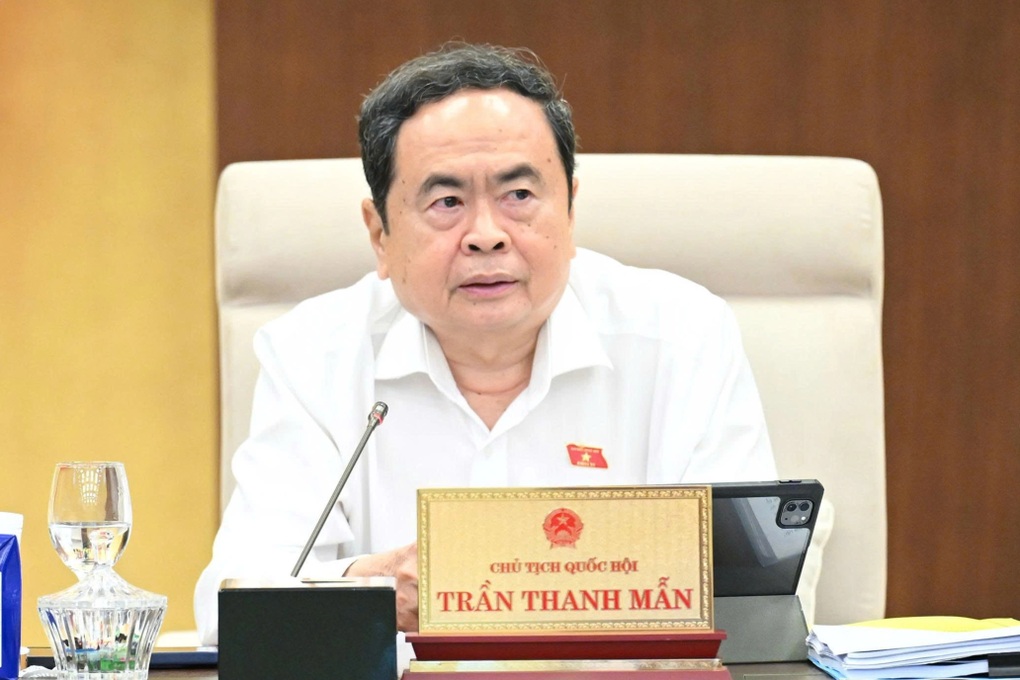
National Assembly Chairman Tran Thanh Man speaks at the meeting (Photo: Hong Phong).
“With few people and much work to be done, we must transform digitally and apply artificial intelligence. We must learn from the models of Malaysia, Singapore or China in this management issue to do it well,” the National Assembly Chairman stated his opinion.
In addition, the National Assembly Chairman suggested paying attention to regulations on managing civil servants according to job positions; innovating methods of recruiting civil servants; enhancing the responsibility of heads of public service units; enhancing the application of information technology; ensuring the rights and benefits of civil servants...
The National Assembly Chairman said that this bill is eligible to be passed at the 10th session to continue to serve the streamlining of the organizational apparatus.
Source: https://dantri.com.vn/thoi-su/loat-thay-doi-quan-trong-cua-luat-vien-chuc-het-canh-bien-che-suot-doi-20250929093624247.htm



![[Photo] The 1st Congress of Phu Tho Provincial Party Committee, term 2025-2030](https://vphoto.vietnam.vn/thumb/1200x675/vietnam/resource/IMAGE/2025/9/30/1507da06216649bba8a1ce6251816820)
![[Photo] Solemn opening of the 12th Military Party Congress for the 2025-2030 term](https://vphoto.vietnam.vn/thumb/1200x675/vietnam/resource/IMAGE/2025/9/30/2cd383b3130d41a1a4b5ace0d5eb989d)
![[Photo] General Secretary To Lam receives US Ambassador to Vietnam Marc Knapper](https://vphoto.vietnam.vn/thumb/1200x675/vietnam/resource/IMAGE/2025/9/29/c8fd0761aa184da7814aee57d87c49b3)
![[Photo] General Secretary To Lam, Secretary of the Central Military Commission attends the 12th Party Congress of the Army](https://vphoto.vietnam.vn/thumb/1200x675/vietnam/resource/IMAGE/2025/9/30/9b63aaa37ddb472ead84e3870a8ae825)













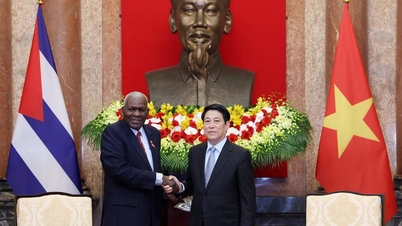

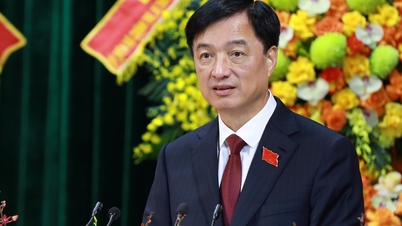
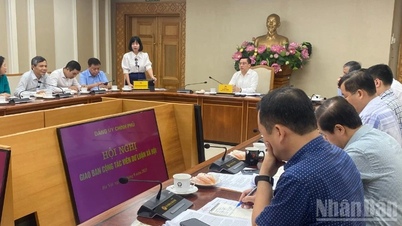

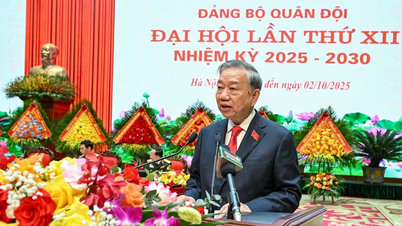


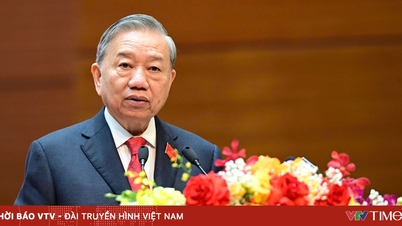










![[Photo] General Secretary To Lam attends the ceremony to celebrate the 80th anniversary of the post and telecommunications sector and the 66th anniversary of the science and technology sector.](https://vphoto.vietnam.vn/thumb/1200x675/vietnam/resource/IMAGE/2025/9/29/8e86b39b8fe44121a2b14a031f4cef46)
























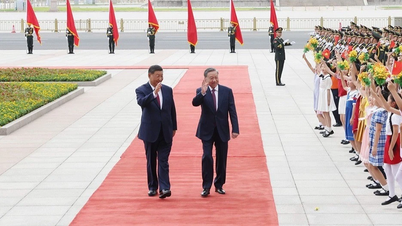
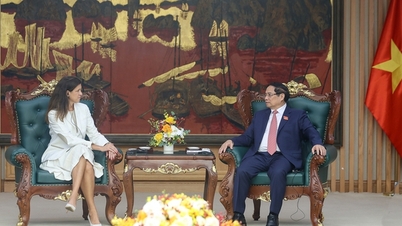

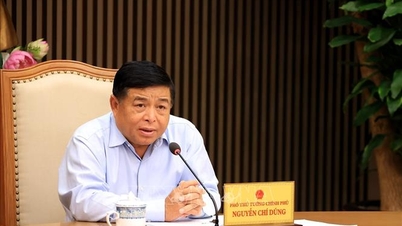









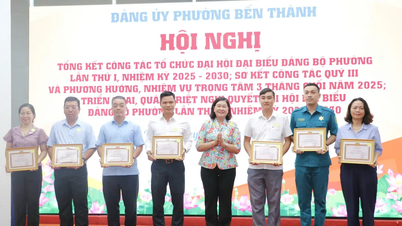


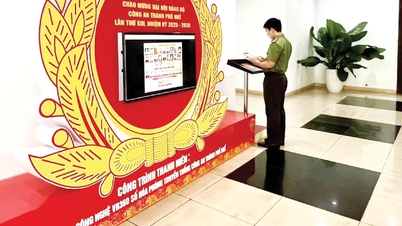

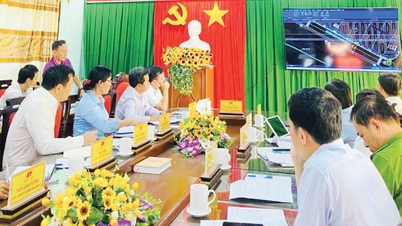

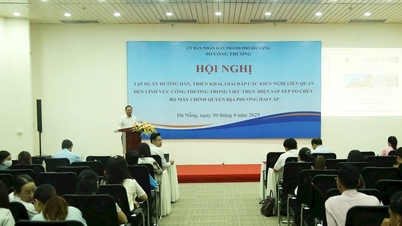















Comment (0)